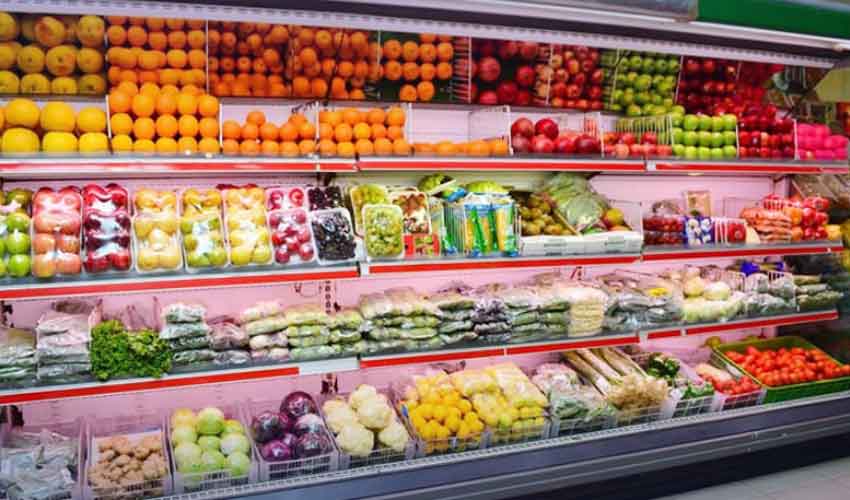A notable decline has been observed in the consumption of imported foods during the first two months of the current financial year, as Pakistan's food import bill dropped by 18%, according to recent data from the Pakistan Bureau of Statistics.
The total food import bill fell to $1.06 billion, highlighting a significant reduction in the nation’s reliance on imported food items.
The most significant decline was seen in the import of milk, which decreased by 23%, reducing the bill to $19 million. The demand for tea, another major import, also saw a sharp decline, with the volume dropping from 46,451 tonnes to 38,847 tonnes. Correspondingly, the tea import bill shrank from $110 million to $97.9 million during the same period.
Soybean imports experienced the largest percentage decrease, plummeting by 52% to just $22.2 million. Meanwhile, palm oil imports, one of Pakistan's key food imports, saw a 10% drop, bringing the total import cost down to $495.9 million.
The import of pulses also followed the downward trend, decreasing by 21% to $133 million, while the import bill for various other food grains fell by 33%, amounting to $245.3 million.
This declining trend in the import of essential food commodities reflects an overall effort to manage the food import bill in light of economic challenges.



























